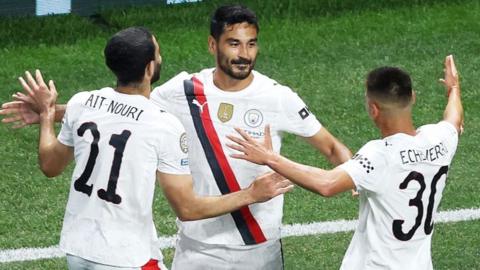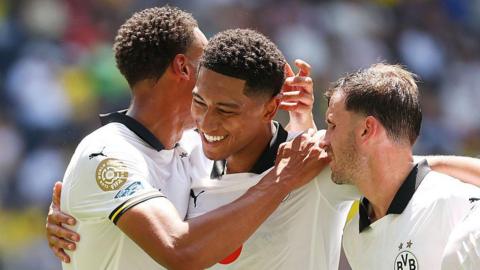Manchester United’s decision to raise matchday ticket prices—potentially up to £97—has sparked outrage among supporters, many of whom describe the move as a “kick in the teeth” following the club’s worst domestic season in over 50 years. While United’s leadership defends the new tiered pricing system as necessary for financial sustainability, fan groups argue the changes threaten to alienate loyal supporters and damage matchday atmosphere at Old Trafford.
A fresh blow after a season of disappointment
Manchester United fans have endured a rough ride over the past year. A 15th-place finish in the Premier League—their worst domestic showing since the 1973–74 relegation season—left many questioning the club’s direction. Just as wounds were beginning to heal, news of dramatic matchday ticket price hikes has opened a new rift between fans and club leadership. Under a new four-tiered pricing structure, the most expensive single-game tickets will now reach £97—an increase of over 45% from the £66 maximum charged last season. Even the lowest-tier Premier League tickets, priced at £37, are available only for a limited number of “Category C” matches, such as those against newly promoted Sunderland and Wolves. “This really is a fresh kick in the teeth for Manchester United fans,” the Manchester United Supporters Trust (MUST) said in a statement. “After how last season went, we might have hoped the club would reconsider their plans for this new ticketing model.”
Fans were particularly angered by the fact that the club had promised dialogue and transparency—but in their view, delivered neither. “Once again, they have failed to consult any of the fans’ representative bodies on the details of the decision,” MUST added. “And once again they’re making choices against the interests of fans and, we believe, the club as a whole.”
A model the club says “everyone else is doing”

In defense of the new pricing system, Manchester United officials argue that the change aligns with a common practice among Premier League clubs. Categorisation of games, they say, is already widespread—pointing out that last season, four other clubs charged higher maximum prices than United is planning now, with Fulham topping the list at £160. Club sources also noted that less than 1% of Old Trafford’s available seats would be priced at the £97 maximum. Moreover, they claim the original pricing proposal was actually higher, but revised down following feedback—though MUST firmly contests that any real consultation took place.
United chief executive Omar Berrada, who spoke in an interview with United We Stand this week, acknowledged the backlash from an earlier flat £66 pricing model introduced midway through last season. That policy—heavily criticised at the time—eliminated concessions and simplified all matchday ticket prices, regardless of demand or opposition. “The rollout of that decision was not good,” Berrada admitted. Nevertheless, club leadership continues to stress the importance of increasing revenue through ticket sales. With Manchester United undergoing structural and financial transitions, especially under new sporting leadership and ownership changes, they argue such measures are necessary to support competitive performance and long-term sustainability.
Atmosphere at risk, say supporters

For fans, the frustration goes beyond the pounds and pence. The central concern lies in how these changes may affect the matchday atmosphere—a crucial component of what makes Old Trafford iconic. By pricing out regular attendees and younger supporters, fan groups worry the energy in the stands will suffer, especially at a time when the club most needs unity. “What Manchester United needs next season is a united fanbase and club,” MUST stated, emphasizing that the team on the pitch must be backed by a “loyal and vocal” crowd. “This match categorisation model will do enormous harm and undermine the atmosphere in the ground in a season when the team will need it more than ever.”
The sentiment was echoed earlier this year by head coach Ruben Amorim, who called on fans to “stick together” with the club during the rebuilding process. But bridging the gap between fans’ expectations and the club’s commercial ambitions is proving increasingly difficult. While the move to categorised pricing might make business sense, it comes at a precarious moment. After a season that tested the patience of even the most faithful supporters, United’s leadership risks further alienating the very fans who have stood by the club through thick and thin.
A divided outlook ahead of a crucial season

As United prepares for a new campaign under intense scrutiny, the club finds itself at a crossroads—not just on the pitch, but in its relationship with its supporters. The question remains whether the commercial drive can coexist with the soul of the club, a balance many feel has tipped too far in one direction.
Supporters are hoping the club reconsiders its approach before further damage is done. But unless genuine dialogue is opened, the divide between the terraces and the boardroom may only deepen—at a time when unity, more than ever, should be the rallying cry at Old Trafford.




